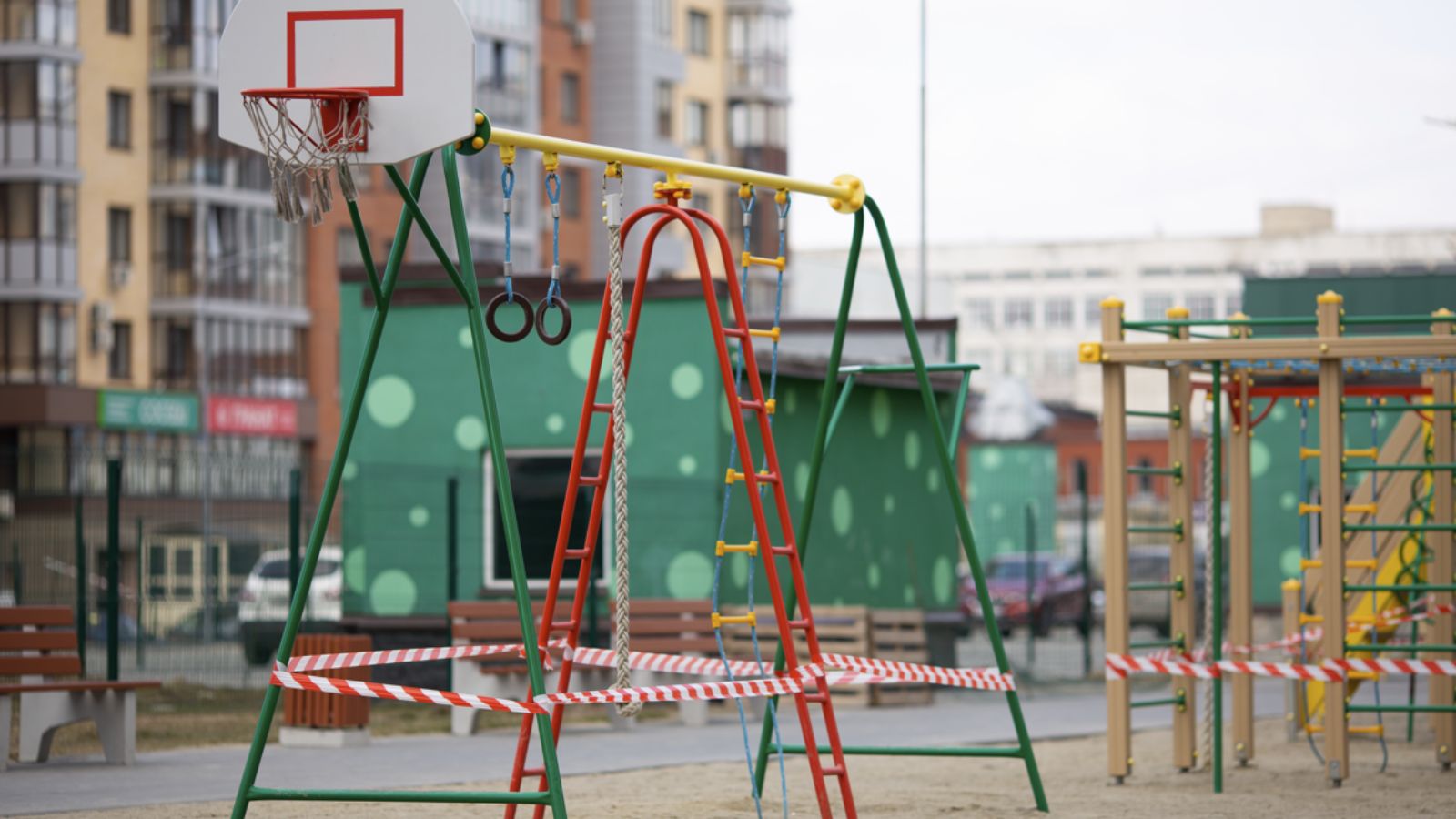Gen X grew up in a world that was very different from today. Their childhoods were filled with latchkey independence, low-tech entertainment, and cultural shifts that shaped who they became. While many aspects of Gen X life are celebrated, not everything from that era deserves nostalgia.
Here are some Gen X things that have faded away, thankfully.
Smoking Everywhere

It was completely normal to light up a cigarette, no matter where you were. People smoked in restaurants, airplanes, shopping malls, and even hospitals. Ashtrays sat on office desks, and smoking sections were barely separated from non-smoking areas. Kids were constantly surrounded by secondhand smoke, with little awareness of its health risks.
Unsafe Playgrounds

Kids climbed on metal monkey bars over hard concrete. Playgrounds were built with little concern for safety, featuring tall, rusting slides that scorched bare legs in the summer and seesaws that could launch an unsuspecting child straight into the dirt. Injuries were common, but parents and teachers brushed them off as part of growing up.
Unsupervised Latchkey Kid Culture

To return home to an empty house was just a normal part of life for many Gen X kids. With both parents working, and after-school programs less common, kids had to fend for themselves.
They let themselves in with a house key, made their own snacks, and figured out how to pass the time until their parents got home. While it built independence, it also left many kids without supervision for hours.
No Seat Belts in the Car

A ride in a car meant hopping into the backseat without giving seat belts a second thought. Kids sat in the front seat at an age when today they’d still be in a booster. Some even rode in the way-back of station wagons, completely unrestrained, watching the road from the rear window.
Thankfully, seat belt laws and better car safety standards have made vehicles much safer, reducing accident-related deaths and injuries.
Strangers Watching Your Kids

It was nothing unusual for parents to leave their kids with a babysitter they barely knew. They hired the teenager down the street or left their kids with a neighbor, no questions asked. Today, parents are much more cautious, using online reviews, security cameras, and references before leaving their kids in someone else’s care.
Bullying as a Normal Part of Growing Up

It was a waste of time moaning about getting picked on at school, because it was usually dismissed with phrases like “kids will be kids” or “just toughen up.” Schools rarely took bullying seriously unless it escalated into physical violence. Name-calling, teasing, and even hazing were seen as rites of passage. Many kids suffered in silence, with no real support system in place.
Calling People Without Warning

Before texting and caller ID, the only way to talk to someone was to pick up the phone and dial their number. No one thought twice about calling a friend or even a co-worker out of the blue. If someone wasn’t home, you just left a message on their answering machine and hoped they’d call back.
Now, unannounced phone calls feel intrusive, and most people prefer a text first to ask if it’s a good time to talk.
TV Schedules Dictating Your Life

If you wanted to watch a show, you had to be in front of the TV at the exact time it aired. There was no pausing, rewinding, or watching later unless you managed to record it on a VCR. Missing an episode meant waiting for a rerun, and there was no way to binge-watch an entire season in one sitting.
Food Loaded with Artificial Ingredients

Processed foods were everywhere in the Gen X childhood diet. Brightly colored cereals, microwave meals, and snack cakes filled lunchboxes, and no one questioned the long list of artificial flavors, dyes, and preservatives. Margarine was considered a healthy alternative to butter, and sugar-filled drinks were marketed as nutritious.
The Need to Memorize Everything

Before smartphones and Google, people relied on their memory for everything. Phone numbers, directions, and random trivia were all stored in people’s heads. While memorization skills have declined in the digital age, the ability to quickly look up information has made life much easier. Now, we can focus on problem-solving rather than wasting time trying to recall facts.
Paper Maps and Printed Directions

The planning of a long journey entailed unfolding a giant paper map or printing out step-by-step directions from MapQuest. One wrong turn could mean pulling over to figure out where you went wrong or stopping to ask for directions.
GPS navigation has completely changed how we travel, making it easier and safer to get to any destination.
The Fear of Missing a Call

If someone called and you weren’t home, you missed the call, simple as that. Answering machines helped, but people still had to rush to pick up the phone when it rang or risk playing phone tag for days.
With cell phones, voicemail, and messaging apps, missing a call is no longer a big deal.
Extremely Harsh Parenting Styles

Strict, no-nonsense parenting was often seen as the only way to raise kids. Spanking, yelling, and tough love were widely accepted, and children were expected to obey without question. Emotional needs were rarely discussed, and expressing feelings was often dismissed as being too sensitive.
Today, there’s a much better understanding of child psychology, and positive reinforcement is more common than punishment.
Answering the Phone Without Knowing Who It Was

There was a time when every phone call was a mystery. Unless someone gave their number in advance, there was no way to know who was on the other end of the line until you answered. It could be a friend, a telemarketer, or someone calling the wrong number. Caller ID eventually changed that, but in the early days, answering the phone always carried some level of uncertainty.
